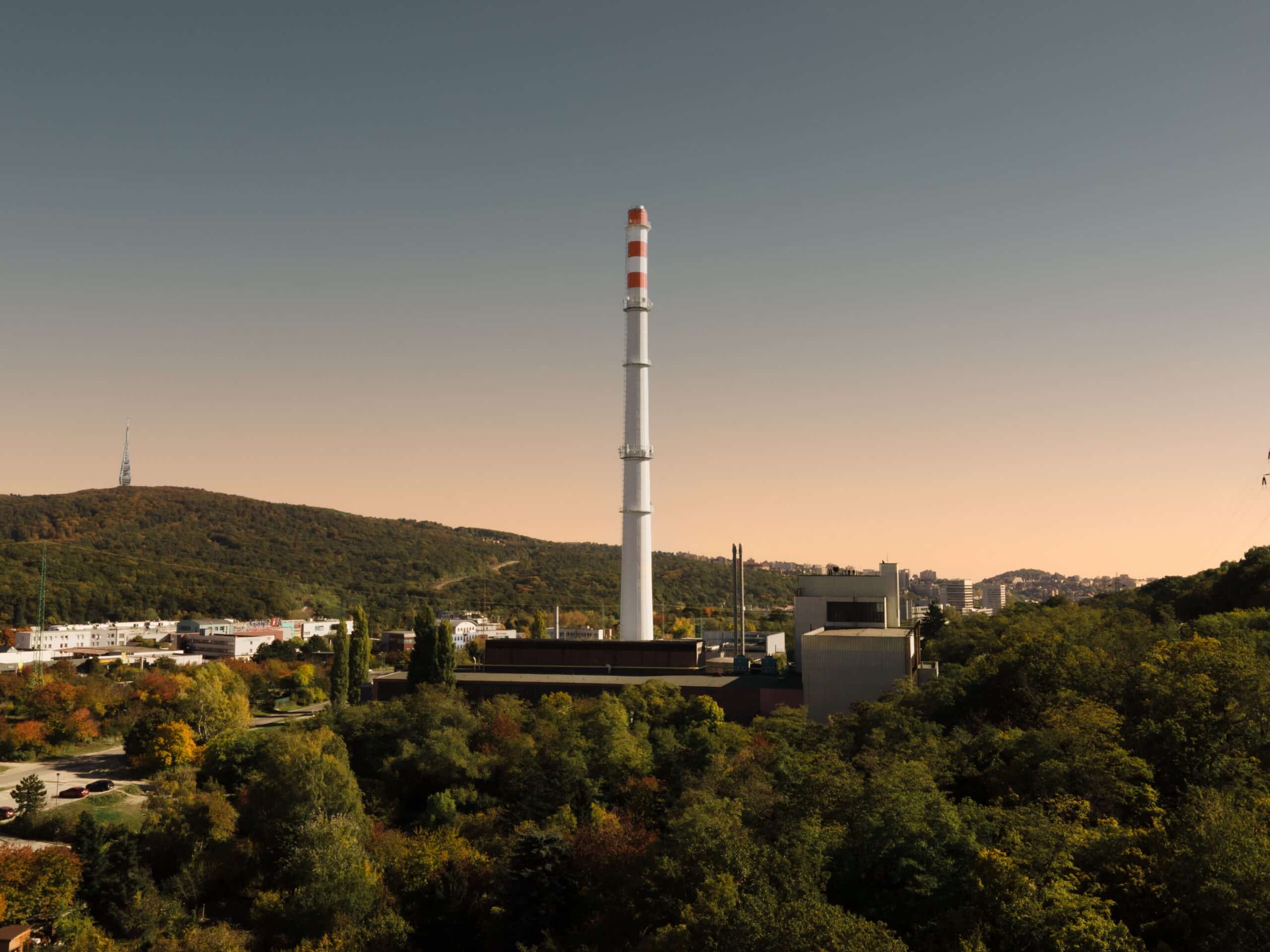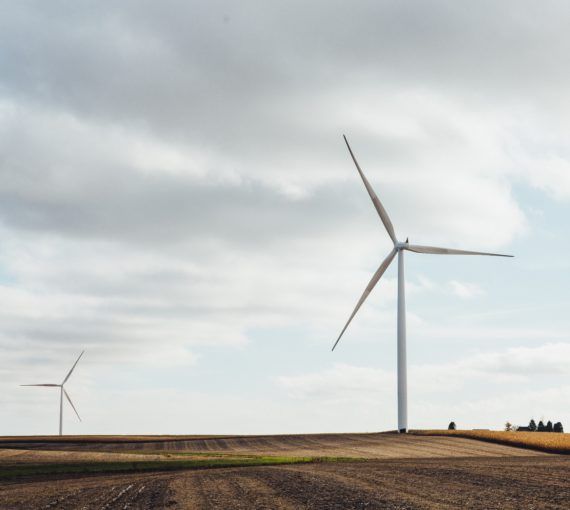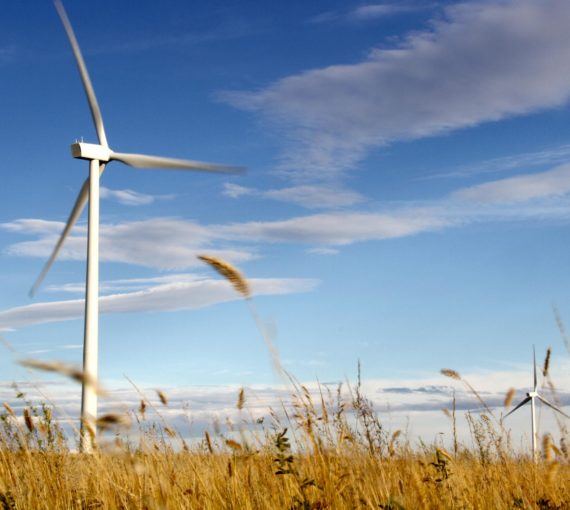
Our new climate plan is an encouraging step, but it will be thwarted if we can’t reconcile Canada’s climate paradox and leave fossil fuels in the ground. (Photo: Mike Cho via Pexels)
Last month, speaking about the urgency of climate action, UN Secretary General António Guterres referred to “a cauldron of challenges.”
It is a poisonous brew: climate and biodiversity crises that threaten planetary life-support systems, a global pandemic, record inflation and, over the past six weeks, a brutal invasion with implications for most nations. Other long-standing injustices have dropped from the headlines.
With the latest Intergovernmental Panel on Climate Change report, the situation doesn’t look any better. The massive scientific review shows global emissions must peak and start to decrease by 2025 to avoid climate disaster—a “now or never” predicament of global proportions. Calling the situation “urgent” is an understatement.
Canada’s Emissions Reduction Plan, released March 29, offers a glimmer of progress, despite some shortcomings. A requirement under the recently passed Net-Zero Accountability Act, it details what Canada must do to lower carbon emissions by 40 per cent by 2030, compared to 2005 levels.
Canada’s Emissions Reduction Plan, released March 29, offers a glimmer of progress, despite some shortcomings.
Is it enough? No. But in contrast to failed federal climate plans of the past, this one has a chance of making a difference. Not only is the plan more detailed than its predecessors, the new legal framework includes accountability and governance mechanisms to keep implementation on track.
The plan proposes some elements that, if implemented, would lead to immediate climate benefits, including ramping up regulations to tame the oil and gas industry’s methane emissions. One quick and cost-effective step would be to end all routine venting and flaring of this incredibly potent greenhouse gas. Other heavy hitters from the plan are a regulatory cap on oil and gas emissions, phasing out the sale of gas cars in favour of electric and transit solutions, and a clean fuels standard. Some—like the clean fuels standard—have been in development for years.
As with any plan, implementation will be the key to whether Canada’s new emissions plan will help us effectively confront the climate challenge.
As with any plan, implementation will be the key to whether Canada’s new emissions plan will help us effectively confront the climate challenge.
It’s also time we addressed the elephant in the room: burning fossil fuels—including Canadian oil and gas—is incompatible with a climate-safe future. This isn’t politics or ideology; it’s science.
Beyond the scientific imperative to transition to clean energy, shifting from fossil fuels will also contribute to global peace and justice. As Guterres noted on the invasion of Ukraine, “current events make all too clear [that] our continued reliance on fossil fuels puts the global economy and energy security at the mercy of geopolitical shocks and crises.”
Ukrainian climate scientist and IPCC author Svitlana Krakovska stated it more directly. At the beginning of the invasion, she pointed out that the escalating war and climate change—both existential threats—have the same root cause: global dependence on fossil fuels. “It’s clear we cannot continue to live this way, it will destroy our civilization.” Identifying the relationship between fossil fuels and violence is necessary to charting a better path.
Beyond the scientific imperative to transition to clean energy, shifting from fossil fuels will also contribute to global peace and justice.
In a show of questionable opportunism, fossil fuel interests are pressuring the federal government to help expand Canadian oil and gas production and exports to “fill the gap” as Western countries look to reduce fuel imports from Russia. (This, despite the fact that by the time Canada would be able to supply significant volumes of gas to Europe—2025 at the earliest—Europeans will have already deeply reduced consumption.)
To quote the UN secretary general once more: “This is madness. Addiction to fossil fuels is mutually assured destruction. We need to fix the broken global energy mix. Instead of hitting the brakes on the decarbonization of the global economy, now is the time to race towards a renewable energy future.”
Canada must reject these short-sighted, war-profiteering demands of the oil and gas lobby. We should have ended, not expanded, public financing for fossil fuels in the April 7 federal budget. Bai du Nord? Bad news. Our country needs to plan for the managed decline of fossil fuel production and a fair, just transition to clean energy sources that supports workers, families and communities.
Our country needs to plan for the managed decline of fossil fuel production and a fair, just transition to clean energy sources that supports workers, families and communities.
Our new climate plan is an encouraging step, but it will be thwarted if we can’t reconcile Canada’s climate paradox and leave fossil fuels in the ground.
As we watch tragedy unfold in Ukraine and realize fossil fuel profits are helping drive the war machine, it’s clear that transitioning off fossil fuels is not only needed for climate stability; it’s also needed for global stability. In a world of intersecting crises, this cross-cutting truth must illuminate the path ahead.
This op-ed was originally published in The Hill Times
Our work
Always grounded in sound evidence, the David Suzuki Foundation empowers people to take action in their communities on the environmental challenges we collectively face.






